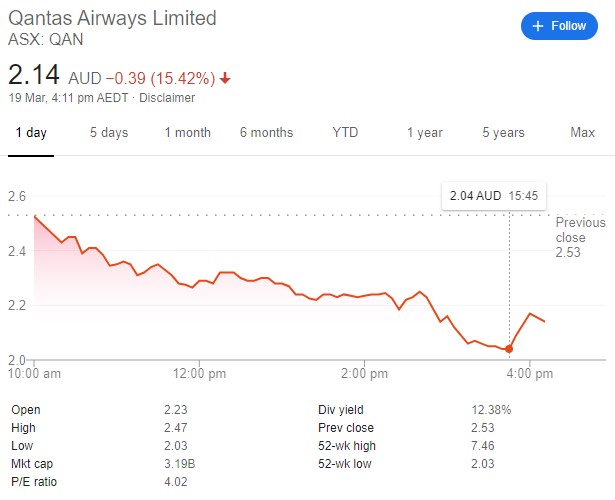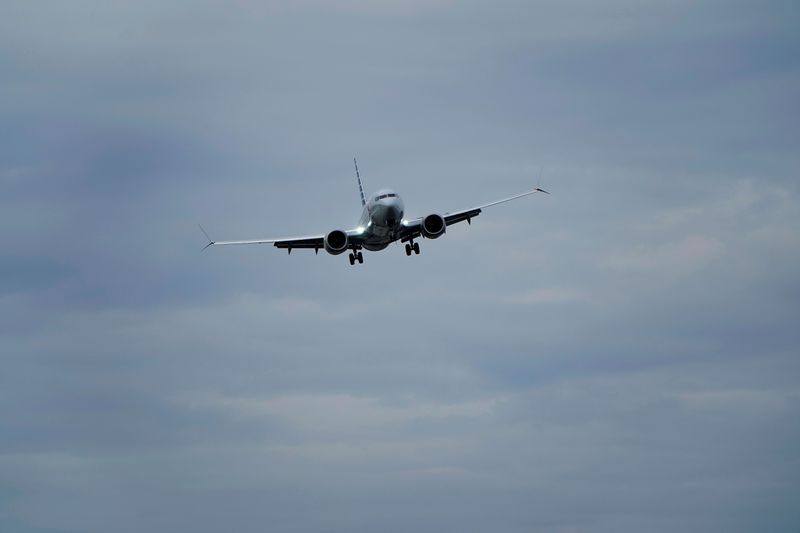
Since the COVID-19 outbreak began, Emirates and dnata have been adapting operations in line with regulatory directives as well as travel demand.
The airline has aimed to maintain passenger flights for as long as feasible to help travellers return home amidst an increasing number of travel bans, restrictions, and country lockdowns across the world. It continues to maintain vital international air cargo links for economies and communities, deploying its fleet of 777 freighters for the transport of essential goods including medical supplies across the world.
With many of its airline customers dramatically reducing flights or ceasing services altogether, dnata has also significantly reduced its operations, including temporarily shutting some offices across its international network.
HH Sheikh Ahmed bin Saeed Al Maktoum, Chairman and Chief Executive of Emirates Group said: “The world has literally gone into quarantine due to the COVID-19 outbreak. This is an unprecedented crisis situation in terms of breadth and scale: geographically, as well as from a health, social, and economic standpoint. Until January 2020, the Emirates Group was doing well against our current financial year targets. But COVID-19 has brought all that to a sudden and painful halt over the past 6 weeks.
“As a global network airline, we find ourselves in a situation where we cannot viably operate passenger services until countries re-open their borders, and travel confidence returns. By Wednesday 25 March, although we will still operate cargo flights which remain busy, Emirates will have temporarily suspended most of its passenger operations. We continue to watch the situation closely, and as soon as things allow, we will reinstate our services.”
Having received requests from governments and customers to support the repatriation of travellers, Emirates will continue to operate passenger and cargo flights to the following countries and territories until further notice, as long as borders remain open, and there is demand: the UK, Switzerland, Hong Kong, Thailand, Malaysia, Philippines, Japan, Singapore, South Korea, Australia, South Africa, USA, and Canada. The situation remains dynamic, and travellers can check flight status on emirates.com.
Sheikh Ahmed added: “Emirates Group has a strong balance sheet, and substantial cash liquidity, and we can, and will, with appropriate and timely action, survive through a prolonged period of reduced flight schedules, so that we are adequately prepared for the return to normality.”
Cost reduction measures
The Emirates Group has undertaken a series of measures to contain costs, as the outlook for travel demand remains weak across markets in the short to medium term. This includes:
- Postponing or cancelling discretionary expenditure
- A freeze on all non-essential recruitment and consultancy work
- Working with suppliers to find cost savings and efficiency
- Encouraging employees to take paid or unpaid leave in light of reduced flying capacity
- A temporary reduction of basic salary for the majority of Emirates Group employees for three months, ranging from 25% to 50%. Employees will continue to be paid their other allowances during this time. Junior level employees will be exempt from basic salary reduction
- Presidents of Emirates and dnata – Sir Tim Clark and Gary Chapman – will take a 100% basic salary cut for three months
The Emirates Group has strong liquidity, with a healthy cash position but it is prudent that it take steps to reduce costs at this time. Emirates remains committed to serving its markets and looks forward to resuming a normal flight schedule as soon as that is permitted by the relevant authorities.
Safeguarding customers, employees, and communities
Emirates Group closely monitors the situation and keeps in regular contact with all relevant authorities, so that it can implement the latest guidance to keep travellers and its employees safe and healthy.
The company has strongly discouraged its employees from non-essential travel, implemented work from home policies for all employees where operationally feasible, enhanced cleaning and disinfection protocols at its facilities, introduced temperature screening at its key office entry points, and launched internal educational campaigns on hand hygiene and health practices to reduce risk of COVID-19.
Over the past weeks, the airline has also implemented enhanced cleaning and disinfecting measures on all of its aircraft departing Dubai as a precaution, and worked closely with airports to implement screening measures as required by the local authorities.
Frontline employees such as crew and airport teams have also been provided with support to stay safe while on duty, including providing hand sanitizers and masks where required.
The Emirates Group fully supports all initiatives to safeguard the health of communities in every market where it operates, including the UAE’s national COVID-19 response.






